First Nations and Indigenous Studies faculty are deeply committed to sharing their knowledge and experience with students and the community. Many of them hold positions in other Indigenous academic and community organizations and all are citizens of Indigenous communities themselves. As academics and mentors, they provide a challenging but supportive classroom environment that prepares their students for the scholarly and personal demands of the research practicum.
FNIS faculty are recognized both nationally and internationally for their cutting-edge Indigenous Studies scholarship that combines theory with practice. Their research covers many diverse and timely topics in the broader field, including Indigenous resurgence and the question of reconciliation, global Indigenous peoples’ politics and diplomacy, Indigenous feminism and activist writing, technology and knowledge development in Indigenous communities, and critical kinship in Indigenous literature.
Meet our outstanding faculty below!
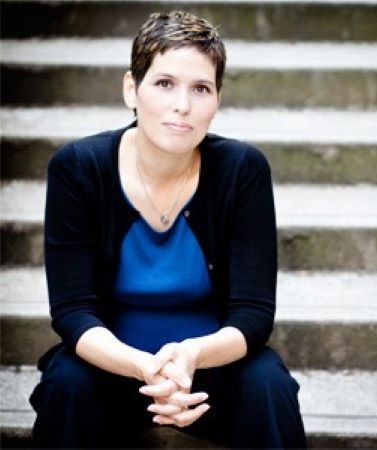
Candis Callison
Candis Callison is Tahltan and an Associate Professor in the Institute for Critical Indigenous Studies and the Graduate School of Journalism.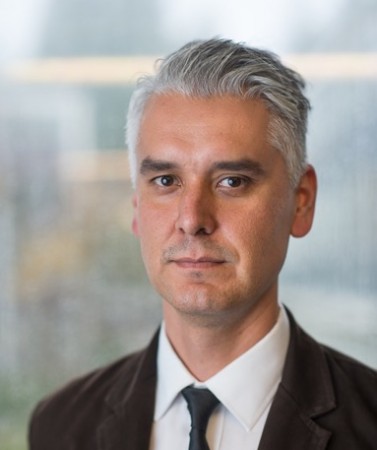
Glen Coulthard
Glen Coulthard is Yellowknives Dene and an associate professor in the First Nations and Indigenous Studies Program and the Departments of Political Science at the University of British Columbia.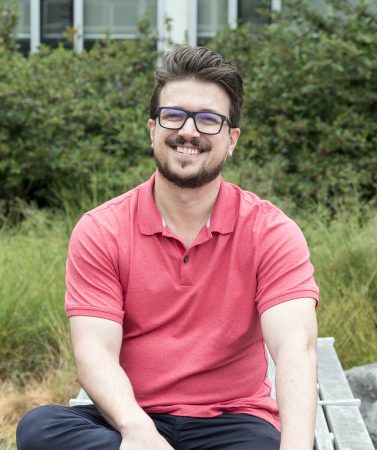
David Gaertner
David Gaertner is a settler scholar of German descent. He specializes in new media and critical technology studies. He is an Associate Editor of BC Studies and a Green College Leading Scholar. His most recent book, The Theatre of Regret: Troubling Reconciliation in Canada, is forthcoming from UBC Press in 2020.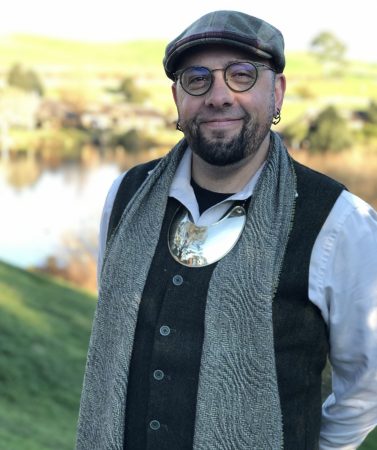
Daniel Justice
Daniel Heath Justice is a Colorado-born citizen of the Cherokee Nation/ᏣᎳᎩᎯ ᎠᏰᎵ. He holds the Canada Research Chair in Indigenous Literature and Expressive Culture at UBC, and is a specialist in Indigenous literary studies. His most recent book is Why Indigenous Literatures Matter (2018). Daniel’s scholarly and creative work focuses on questions of other-than-human kinship, Indigenous belonging, and imaginative sovereignty.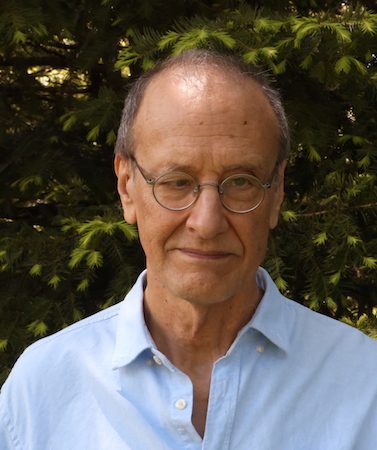
Linc Kesler (Emeritus)
Linc Kesler (PhD – University of Toronto) has been with First Nations and Indigenous Studies since 2003 when he came to UBC as the first Chair of the program. He designed and taught the initial versions FNIS 310, 320 and 400, and is returning after several years in central administration and time away.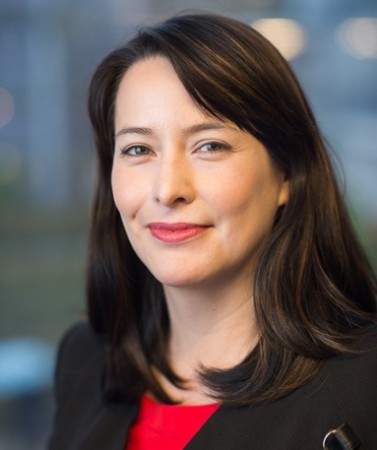
Dory Nason
Dory Nason joined the First Nations and Indigenous Studies Program in August 2008. Dory comes by way of the University of California’s Ethnic Studies Department at Berkeley. Specializing in Indigenous feminism and literature, Dory holds a joint position with the Institute for Gender, Race, Sexuality and Social Justice.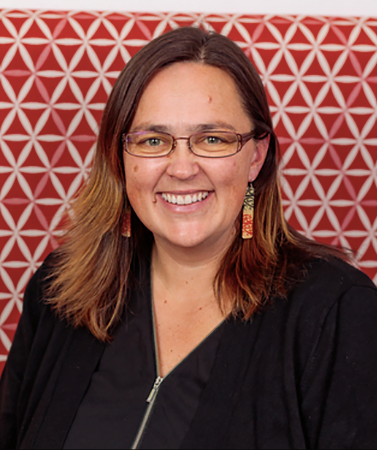
Alice Te Punga Somerville
Alice Te Punga Somerville is from the University of Waikato, and has taught in Australia, Hawai’i and New Zealand. Her research and teaching engage texts to de-centre colonialism by centering Indigenous expansiveness. In thinking about the writing of her own community, she has developed a dual interest and expertise in Indigenous and Pacific studies.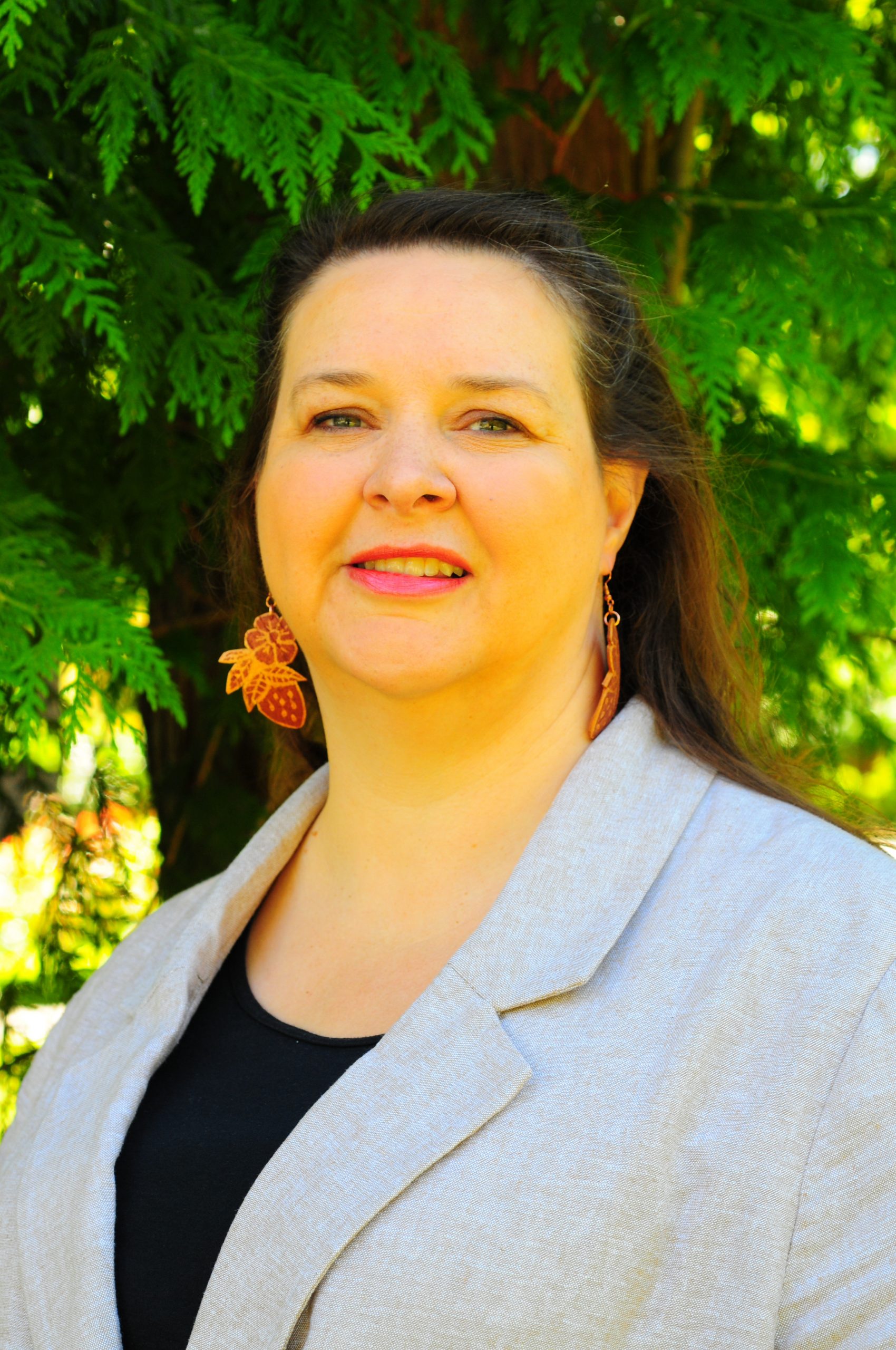
 Faculty of Art
Faculty of Art